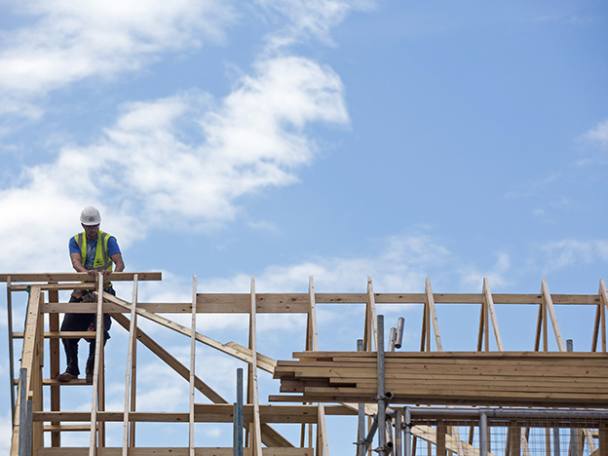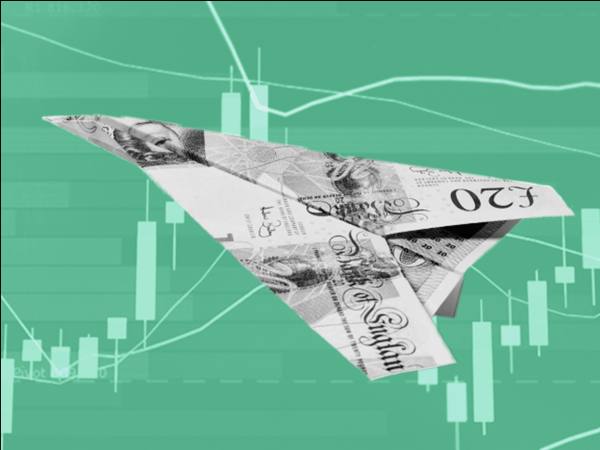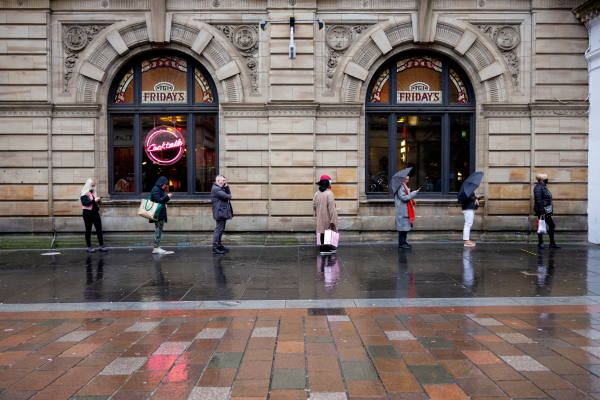Kier’s (KIE) shares dropped by as much as 15 per cent in early trading, after the construction group hinted that it might turn to an equity raise to strengthen its balance sheet. It is guiding that average month-end net debt for the year ending 30 June will be around £440m – up from £395m at the half year stage – which it says is down to a lower working capital inflow amid Covid-19 disruption.
The group’s lending covenants for the 30 June test date have been waived – according to Peel Hunt, the covenant terms were that net debt remain less than 3 times cash profits (Ebitda). The broker is projecting the group will end its 2020 financial year with £320m of net debt, which would be equivalent to 2.9 times cash profits.
The pandemic has squeezed revenue and Kier has incurred additional costs, some of which it says will be treated as exceptional. With almost all of its work sites now back up and running, it says it is focused on eking out operational efficiencies. But the group expects Covid-19 will continue to impact volumes and push up costs this year.
Still, it is confident in its outlook for the year ahead based on its £7.6bn order book at the end of May, much of which is underpinned by a stable client base. Some 60 per cent of orders in its core construction and infrastructure services businesses relate to government projects, while 25 per cent stems from activities for regulated entities.
On the back of prime minister Boris Johnson’s announcement of an accelerated £5bn of investment in infrastructure projects this year, Kier was keen to point out its position as a strategic supplier to the department of education. The government’s plans – which were formally unveiled yesterday – involve more than £1.5bn being put towards building and upgrading schools over the next two years.
Kier has also been making progress on the turnaround strategy it announced last June – it is guiding to £100m of cost savings this year, ahead of previous expectations of at least £65m. But in light of Covid-19, the group will now take further actions over the next 12 to 18 months to improve cash flow.








